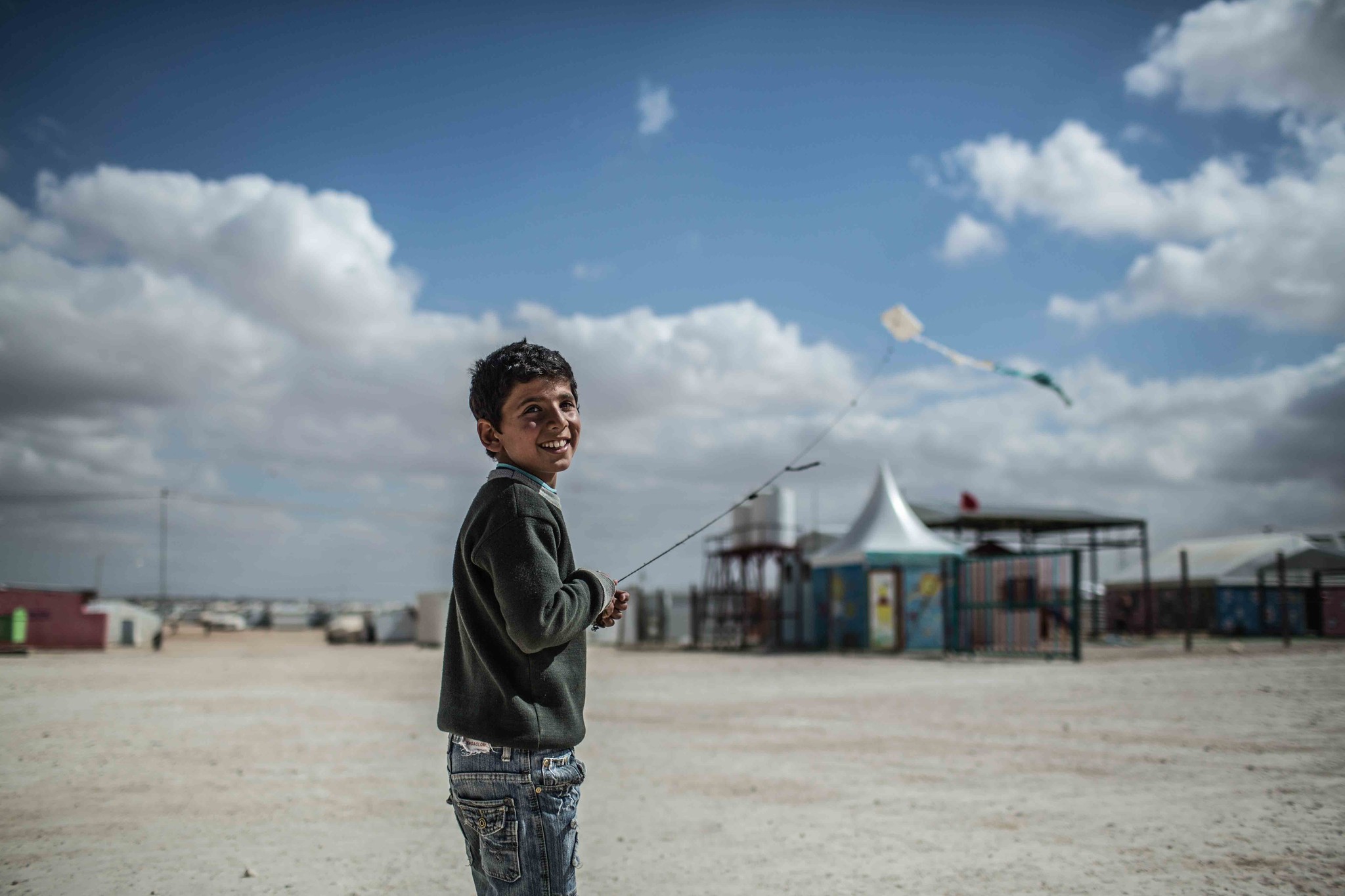In November 2015 we developed three reports for the 2nd Busan Global Partnership Forum in consultation with the Ministry of Foreign Affairs of the Republic of Korea.
This report synthesises evidence from the country-level on the delivery of development cooperation and implementation of the Busan Partnership Agreement principles in states of fragility – including country ownership, inclusive development, results and transparency and shared ownership – highlighting broader lessons for success, methods for overcoming challenges and implications for future delivery.
Country ownership
- There has been notable progress in governments taking country ownership of national development frameworks and development partners aligning to the priorities of partner countries.
However, evidence at the country-level highlights that:
- Expectations must be realistic: inclusive political change in fragile contexts is a long and complex process requiring appropriate delivery plans, timeframes, funding and results frameworks. Fostering political cross-government and buy-in and driving inclusive political dialogue is also critical.
- Whilst the use of country systems in fragile states has increased overall, limited progress has been made in strengthening the quality of public finance management (PFM) systems. As donors avert risks associated with using weak or non-existent systems, parallel systems are often created. Greater focus on strengthening the capacity and quality of PFM systems is necessary for risk management.
- Support should not be limited to states that already have government institutions and accountability systems in place; establishing financing mechanisms to reimburse government salary payments, for example, is critical to the very formation of government institutions.
- A differentiated approach should be taken in fragile states, which respond differently depending on the specific context and type of fragility. In conflict contexts, it is important to plan responses on the basis that conflict is often cyclical. In addition, engaging with other actors outside of the government is critical to fostering country ownership – support to non-state initiatives can drive long-term social and political change and address underlying causes of fragility.
Inclusive development
- Civil society, often constrained by budgetary, logistical and physical access barriers, must be included in national development frameworks to maximise such inclusivity. Strengthened investment in local institutions and capacity and the development of appropriate timeframes, funding and results frameworks to accommodate this should be prioritised.
Results
- The alignment of development partner results frameworks to those of partner countries – as a central theme for development effectiveness in states of fragility – can only be achieved through investment in measuring results and building the necessary capacity. A blueprint should be developed on how partner countries should monitor Busan Partnership Agreement principles, as well as a global results framework.
- Looking beyond results frameworks and to ensure impact, the needs of vulnerable people should continue to be met while support at the state level takes place through the simultaneous provision of social protection programmes.
Transparency and shared ownership
- Monitoring of transparency in the GPEDC should go beyond a focus on the supply of information to include the routine use of data at country level.
Access the report
Download the Executive Summary
